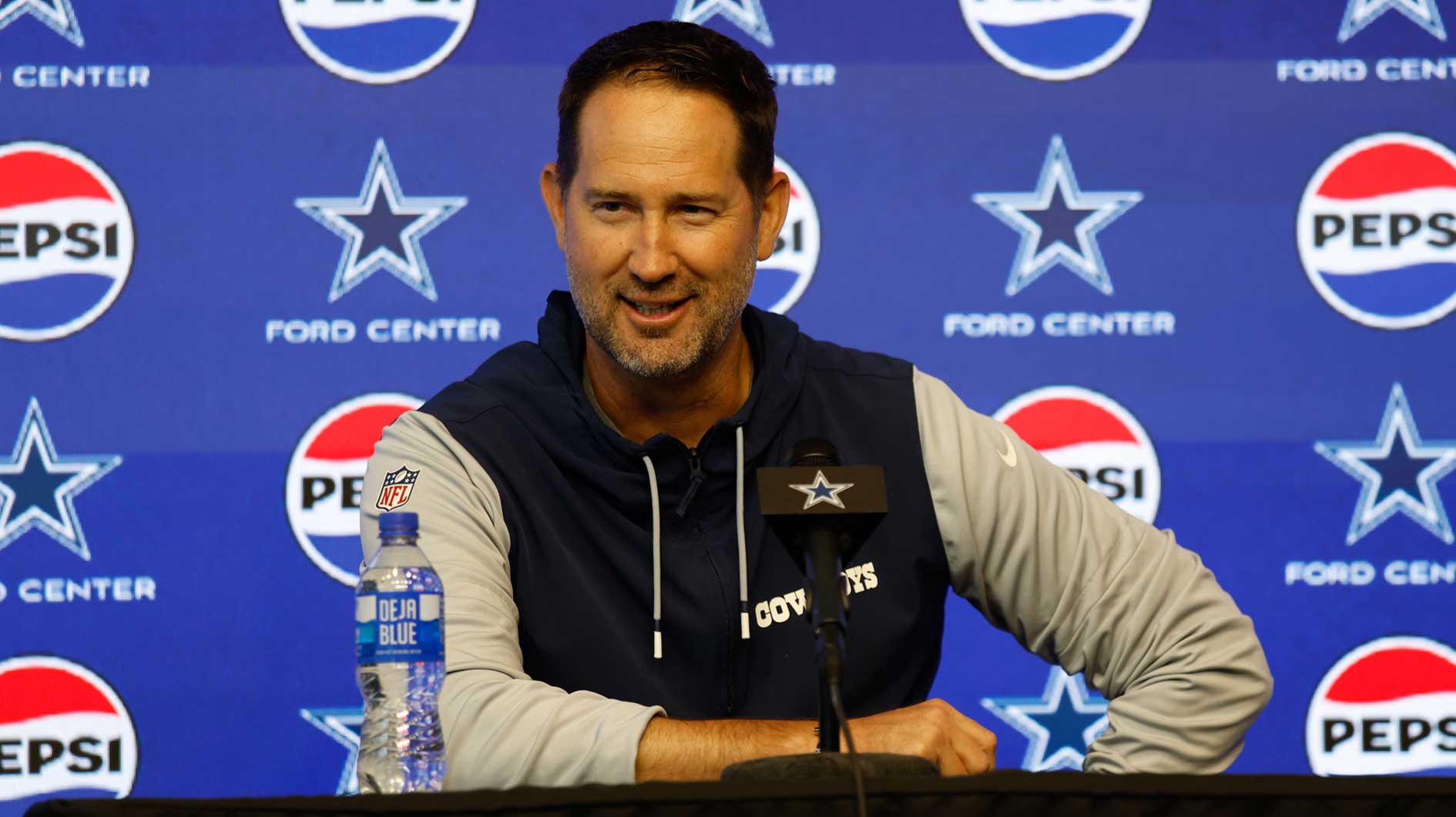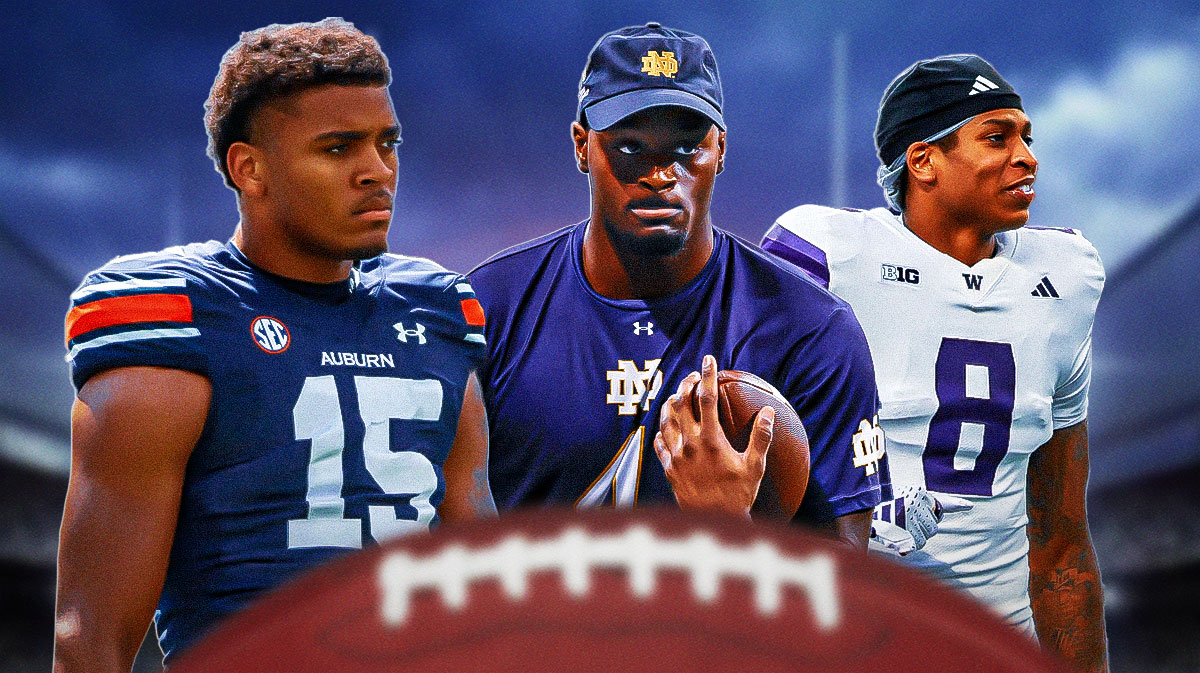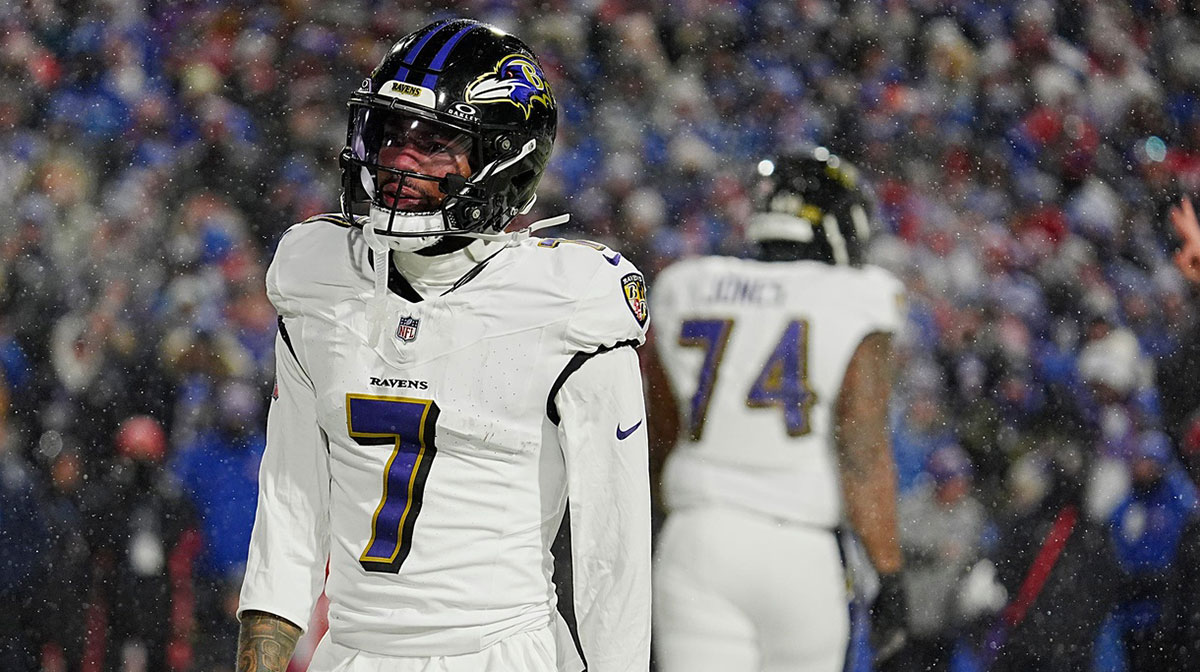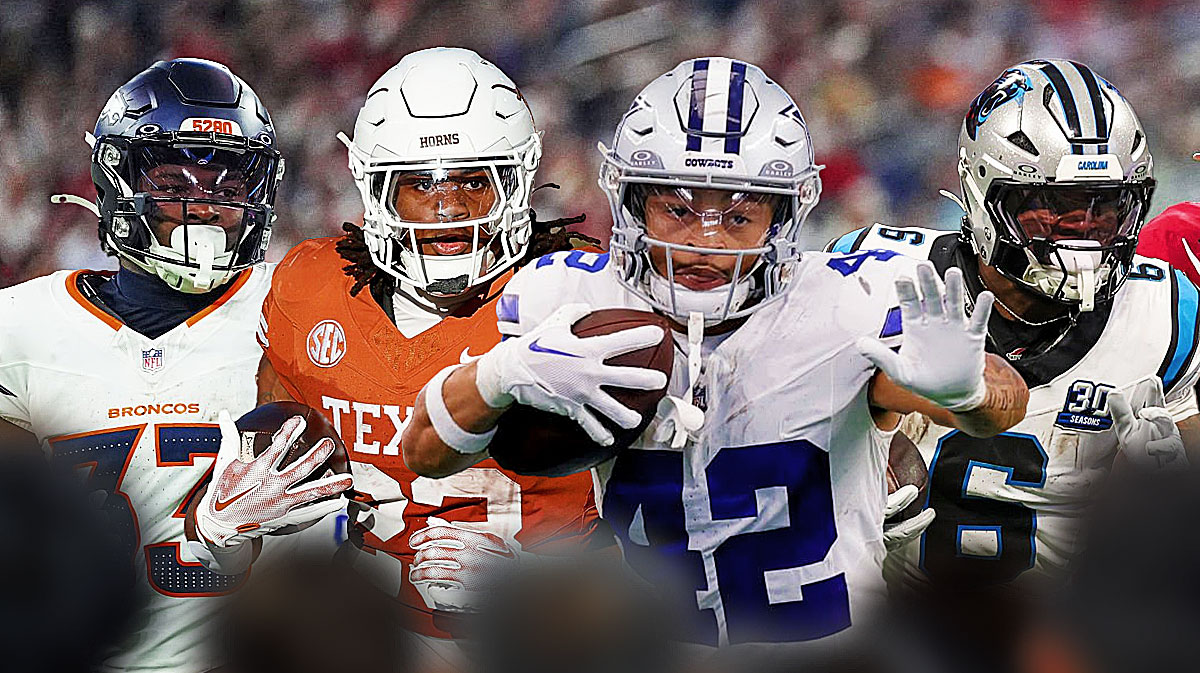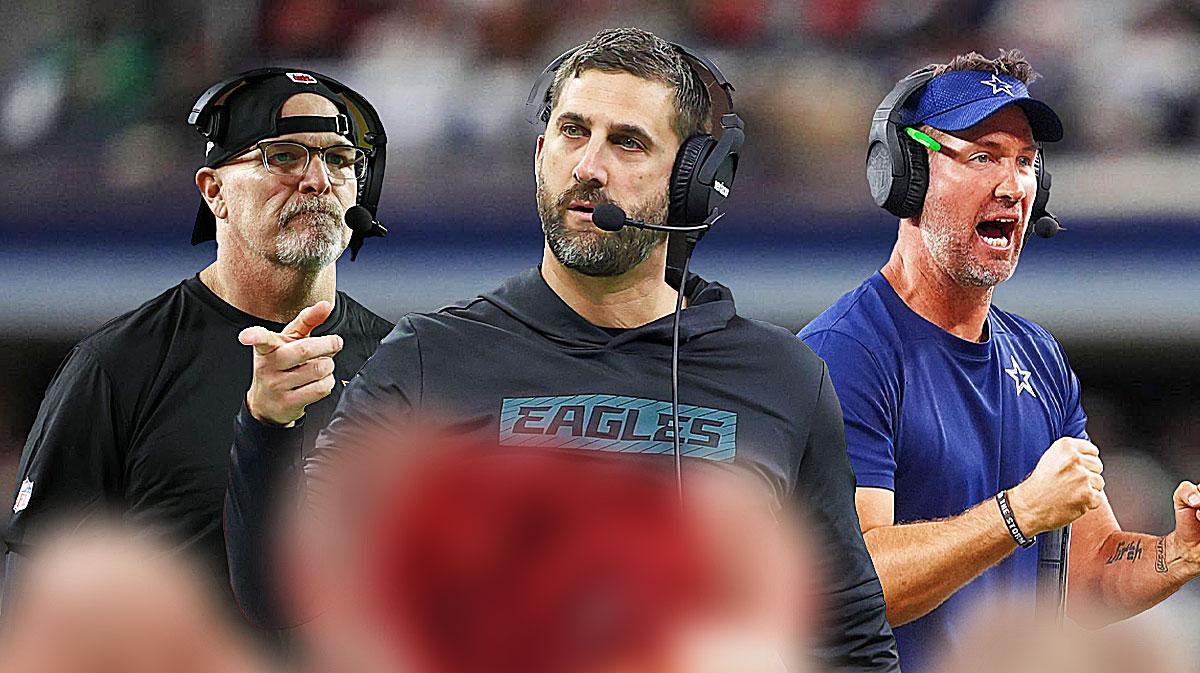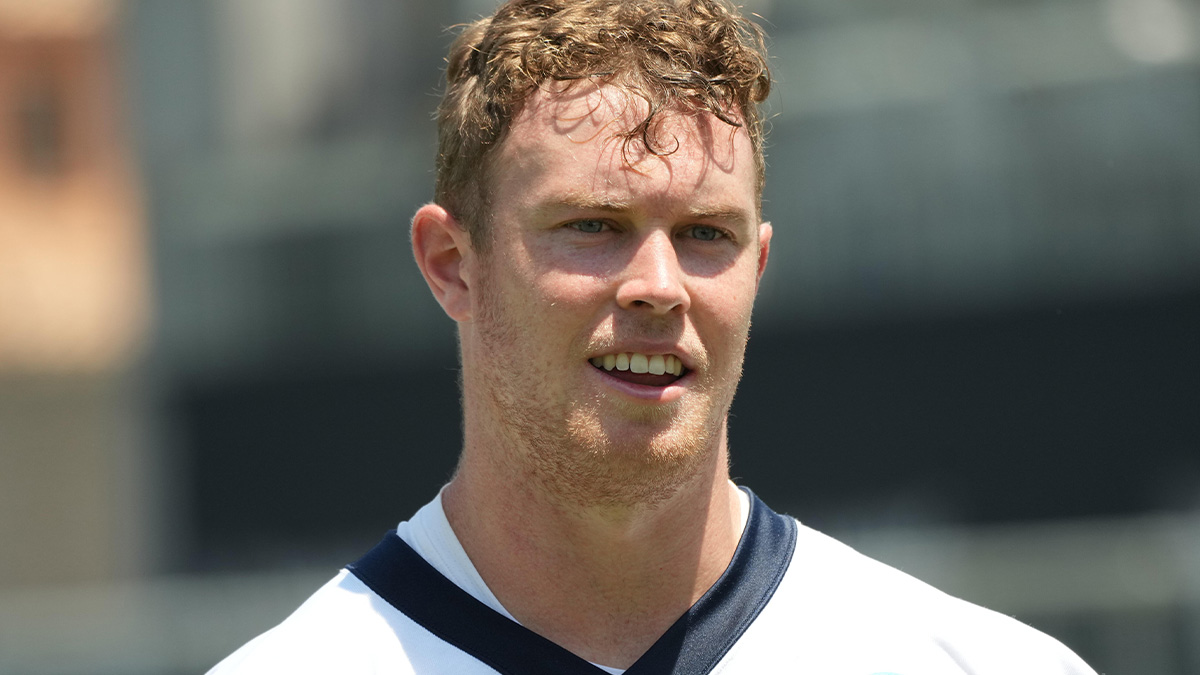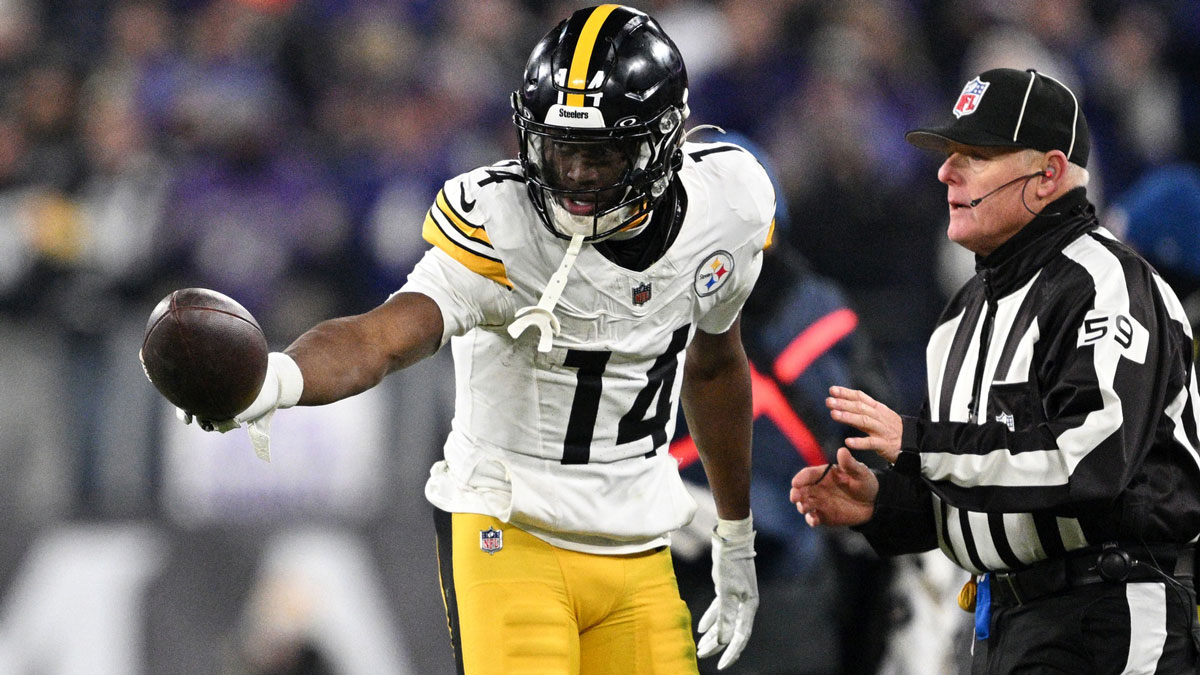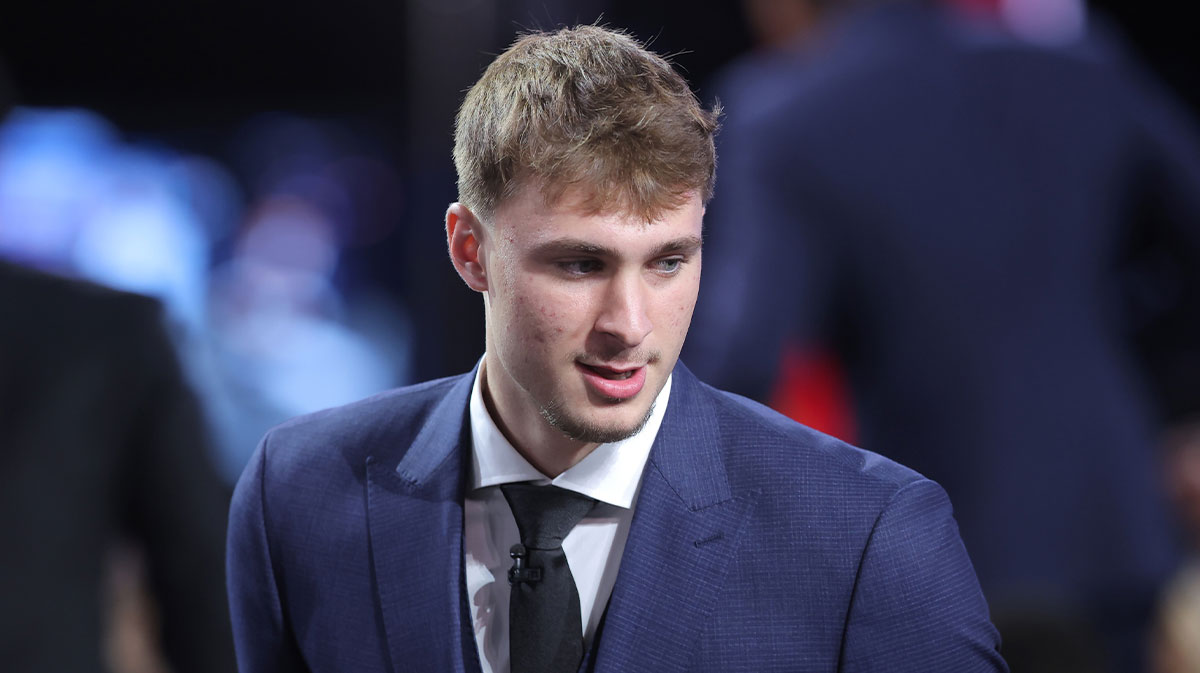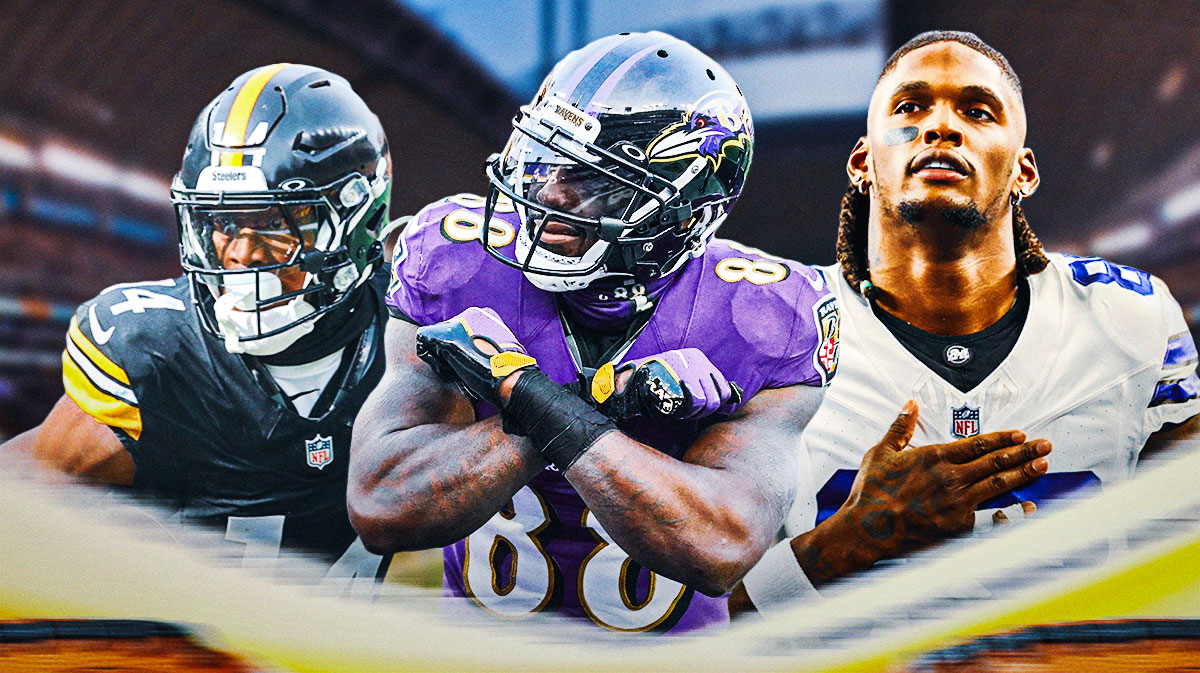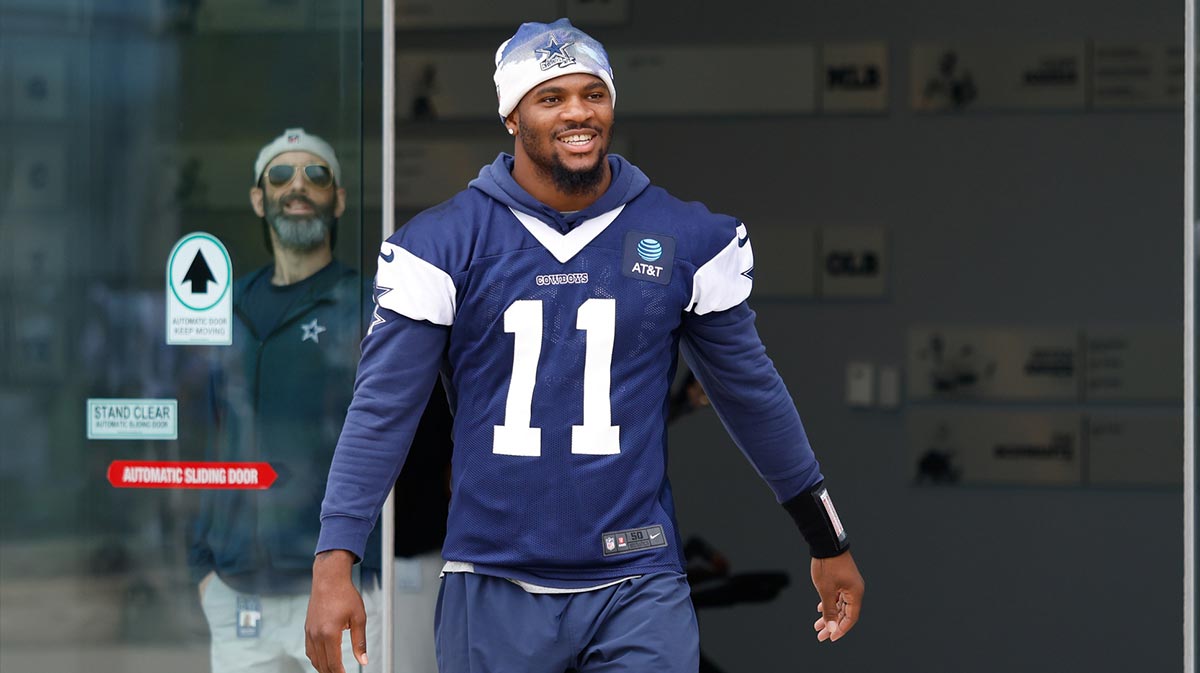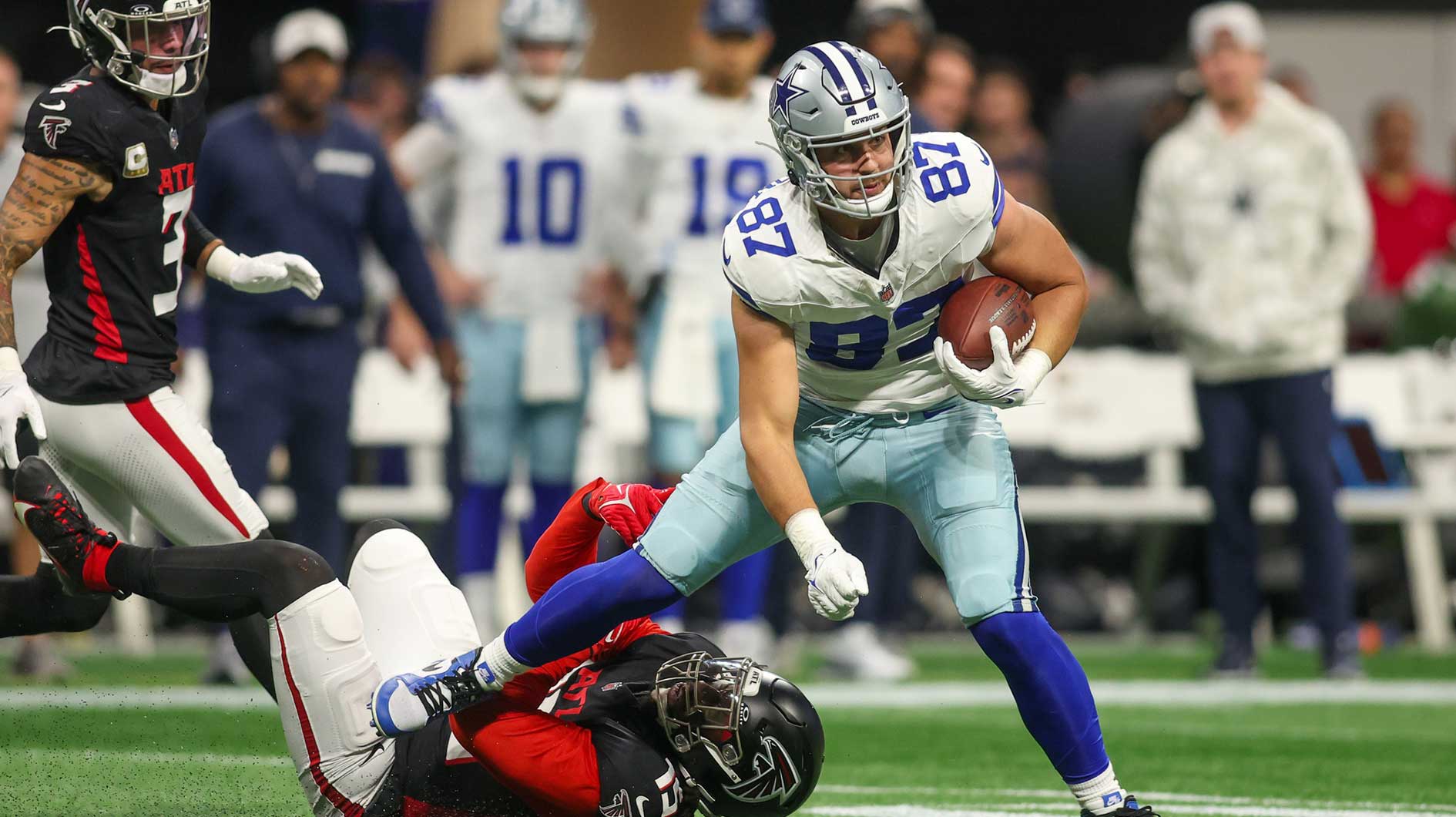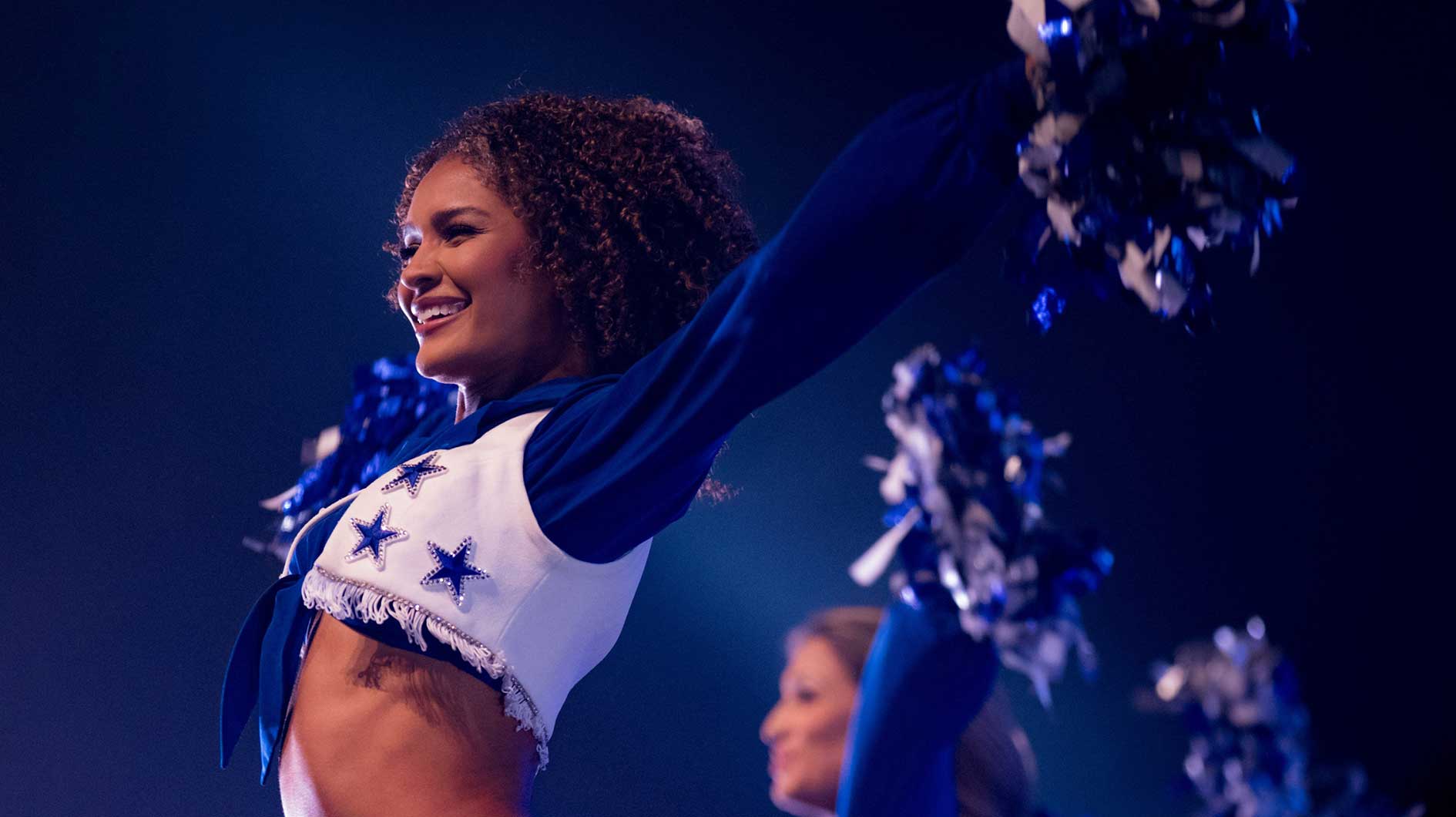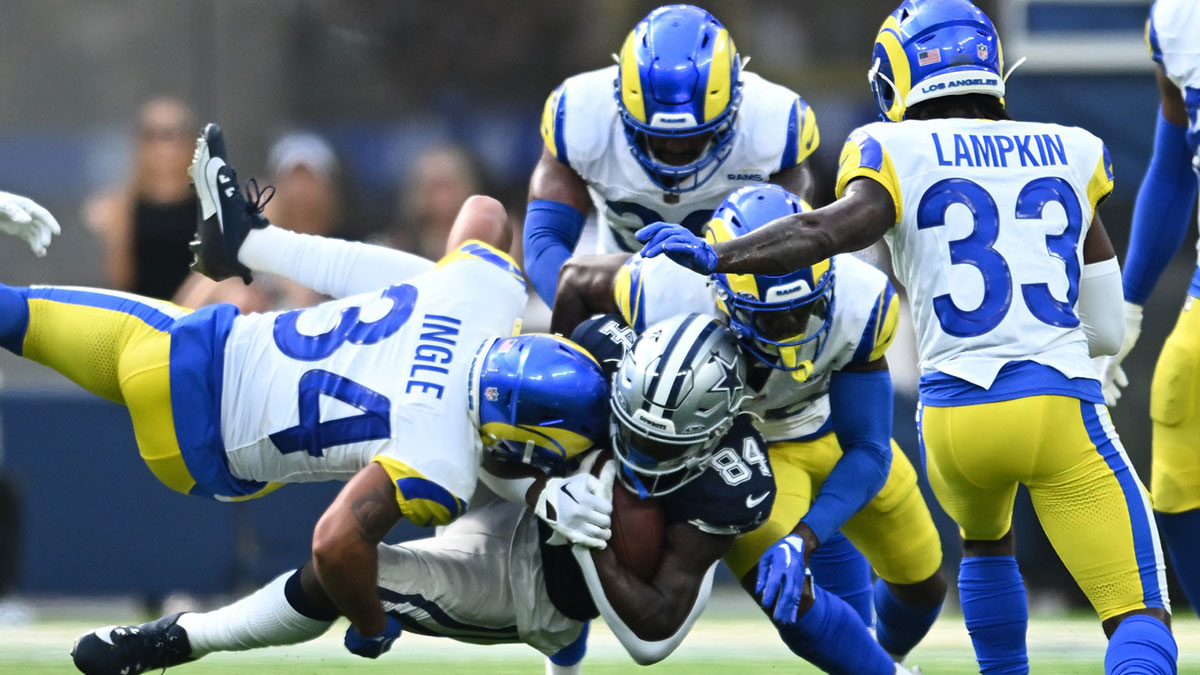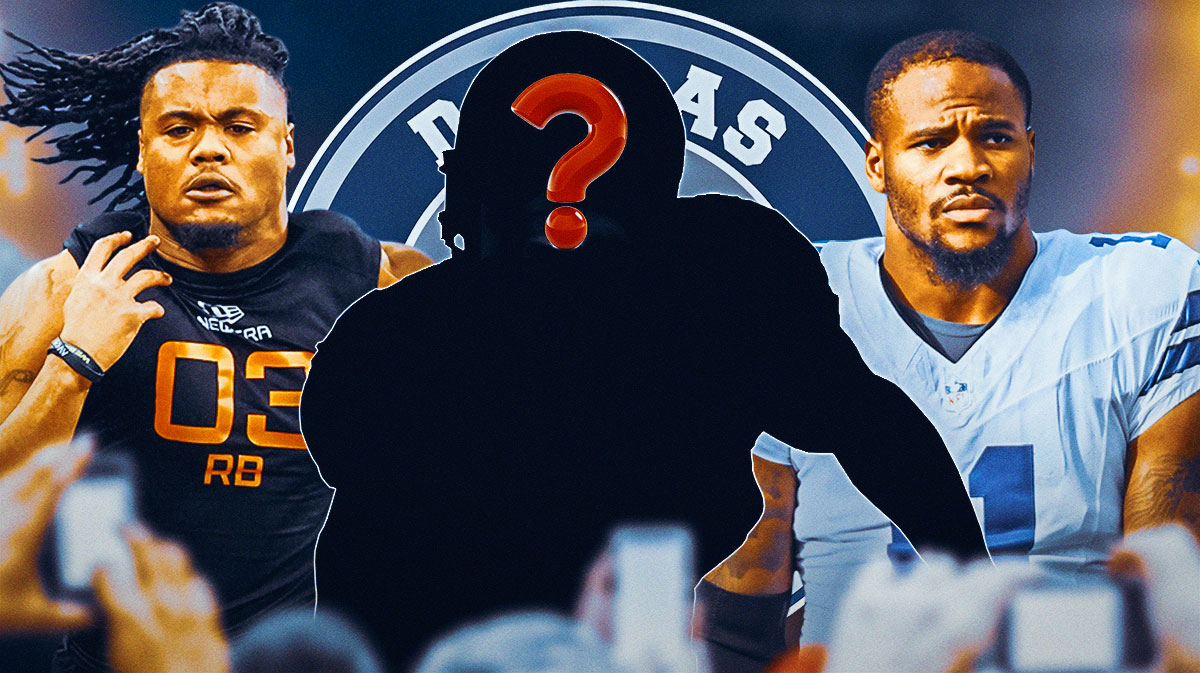We all knew it was coming, but Patrick Mahomes' new mega-extension with the Kansas City Chiefs still blew everyone's expectations out of the water. Over the next 10 years, the reigning Super Bowl MVP can make up to $503 million (with incentives such as AFC Championship Game and Super Bowl appearances), with essentially $477 million guaranteed. It is the largest contract in sports history, and surprising; deals longer than five years have pretty much disappeared from the NFL. Dallas Cowboys quarterback Dak Prescott is the next starter due for a new deal, so here's how Mahomes' new contract will affect negotiations between Jerry Jones and Prescott.
Dak Prescott will play on the franchise tag in 2020, which will pay him nearly $31.5 million. If Prescott doesn't sign a new contract by July 15, that amount will become locked in, and no extension can replace it this season. Dallas has reportedly offered Prescott $175 million over five years, a deal he has not accepted. Prescott is reportedly seeking a four-year deal, presumably so he can hit the open market in 2024 or 2025 and cash in. It's a smart tactic, albeit one that involves more risk than a longer-term deal.
No one can argue that Dak Prescott is on Mahomes' level. Many feel Prescott isn't worth signing to a big extension. But good NFL QBs are extremely hard to come by, and the Cowboys can't afford to let Prescott walk in an attempt to replace him with a rookie. He must be retained; the question: How much is he worth?
Russell Wilson's four-year extension that begins this year pays him an average of $35 million per season, which is the same valuation Dallas placed on Dak Prescott. As things stand, Prescott will rank eighth among all QBs in average salary in 2020. The only players ahead of him who are younger than Prescott (27 in July) are Jared Goff (26 in October) and Mahomes (25 in September). Aside from Carson Wentz, the rest of the top eight are 32 years or older. Deshaun Watson is the next QB in need of a big deal.
Dak Prescott has a ton of leverage, as he's the key to Dallas's championship window. The roster around him is very talented and built to win now. Without Prescott, that team isn't going anywhere. Dallas must find a way to keep Prescott around long-term, and both he and his agent are well aware of this. Mahomes signing for 10 years at $45 million-plus annually is going to do a few things for these negotiations.
First, it's going to give Dak Prescott more leverage to demand more money. If Mahomes is making $45 million, with the current NFL salary cap set at $198.2 million, $35 million for Prescott will be very cheap in two or three years when the cap has spiked to more than $230 million. The new market has been set, and as far as value, the difference between Prescott and Mahomes is not $10 million (in terms of actual play, it absolutely is, if not more). Contract length is another topic of discussion.
Compensation structure becomes the final key point. Many expected Mahomes' new deal to be tied to the salary cap; he wouldn't have a set dollar amount on his deal. Instead, every year, he would receive a certain percentage of the salary cap, which means his annual salary would continually scale from year to year. $45 million is under 23% of the 2020 cap. If we assume the cap will increase by about $10 million per year (as it has since 2013), then by 2025, Mahomes would be making 18% of the salary cap, akin to spending $35 million on a player this season.
The best thing for Dak Prescott would be to sign a long-term deal (it's unlikely the Cowboys will want to offer a 10-year deal, but perhaps six or seven years) that ties his salary to 18% of the salary cap. That would place him at about $35.7 million this season, and $45 million in 2025. This ensures that the actual relative yearly value of his contract does not degrade and that he isn't financially penalized for taking the sure thing; he gets the best of both worlds. Dallas doesn't get off nearly as easy, but at least they'd know they have their franchise QB locked up and that they still have 88% of the salary cap to work with each season. Perhaps the Cowboys would want the number to be 17%, but again, they don't have the leverage here.


